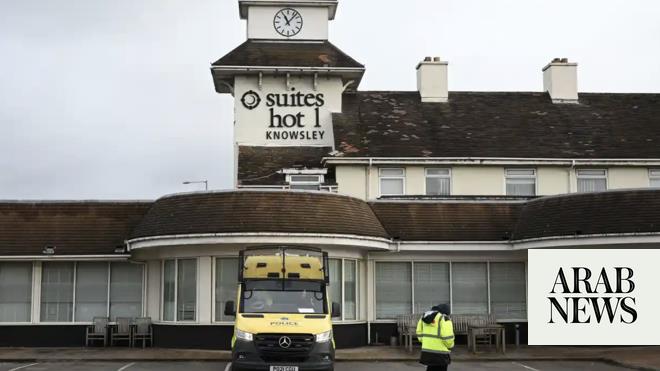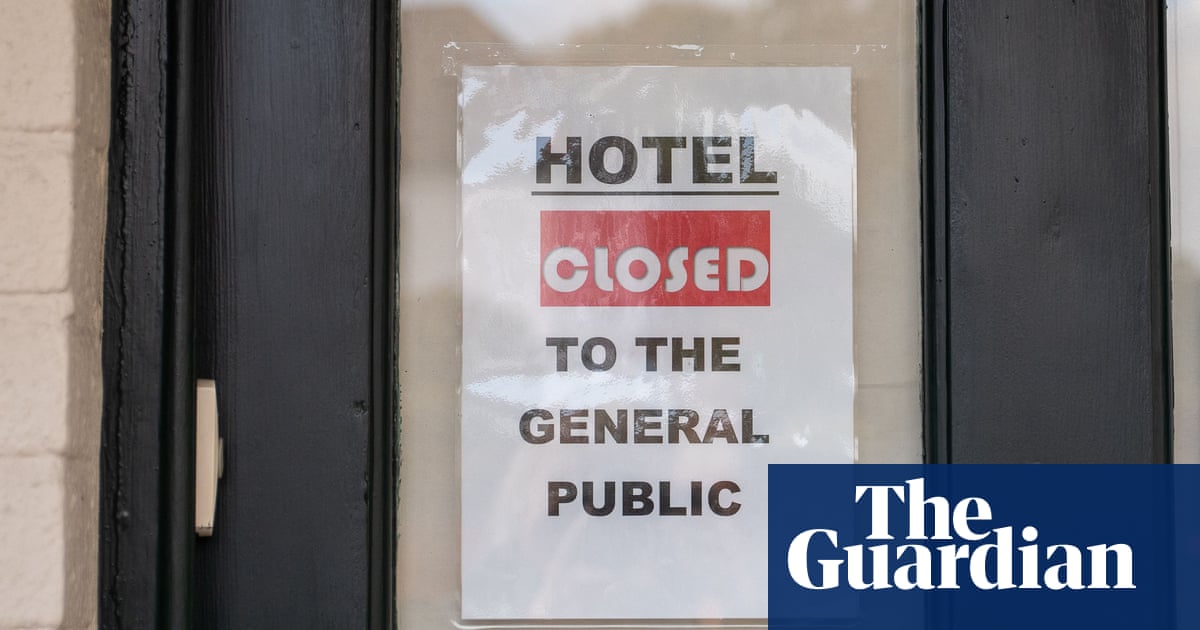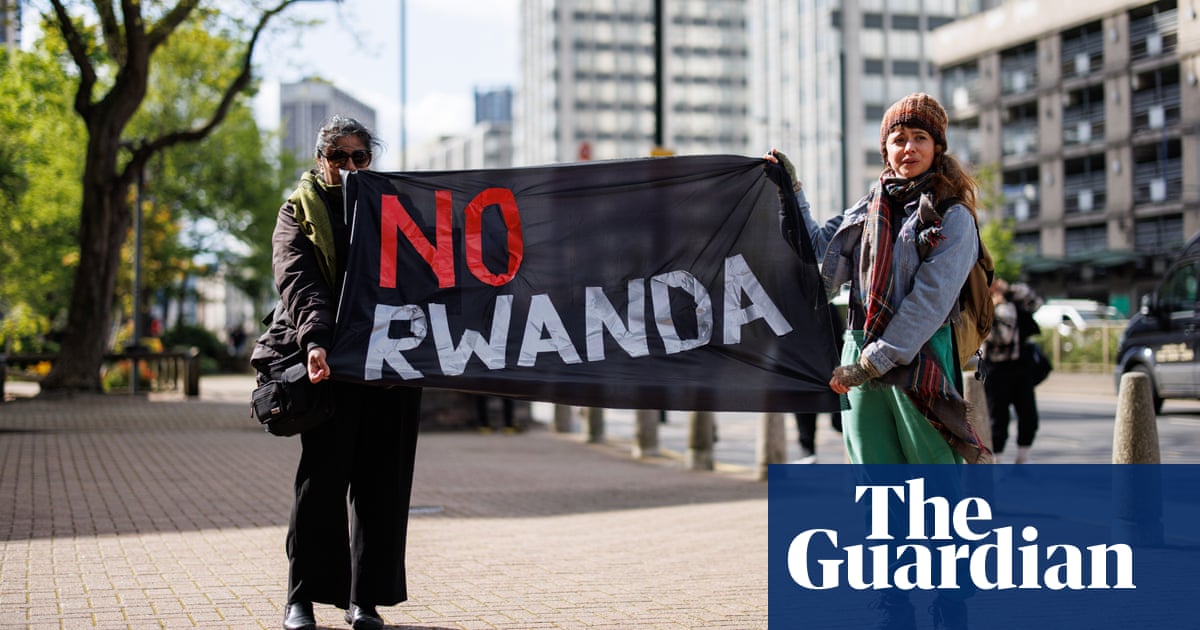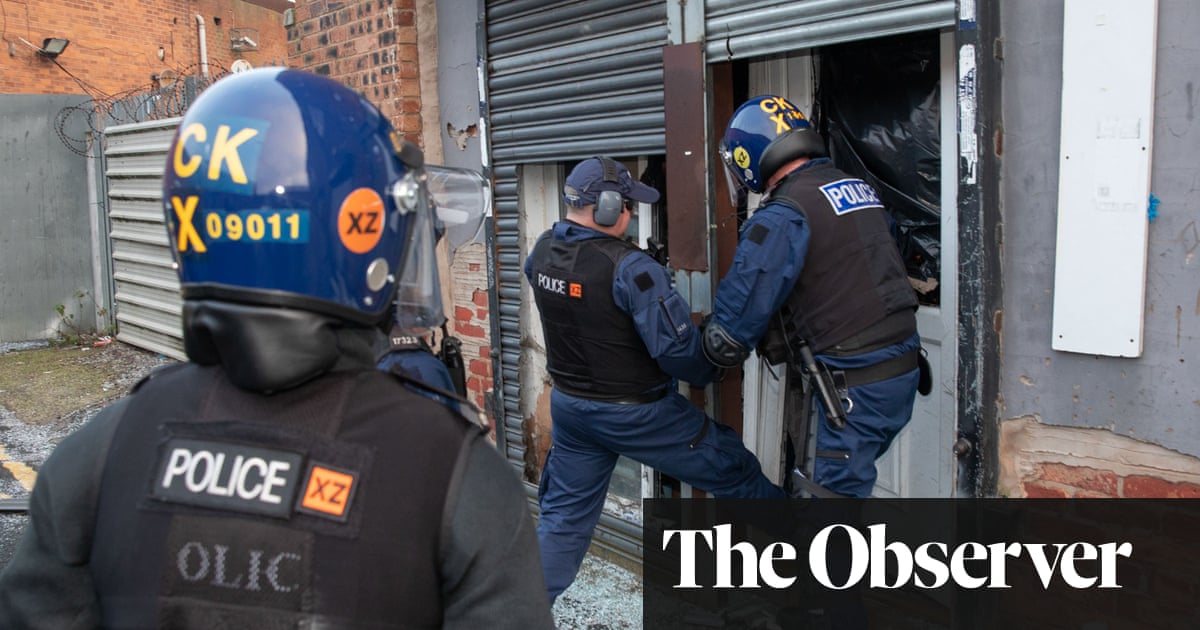
The Home Office has been forced to pause its eviction of refugees from hotels on the eve of Christmas following evidence that “unacceptable” numbers are ending up destitute and sleeping on streets.
Former immigration minister Robert Jenrick had, according to sources, refused to countenance any pause as part of a hardline stance that saw him order the removal of cartoon murals at a children’s asylum centre.
However, his recent decision to quit the government over the Rwanda deportation policy, coupled with intense lobbying from council officials, has led to a reprieve, with the Home Office promising no more evictions from hotels between 23 December and 2 January.
Latest figures show that in London alone, 846 refugees were homeless after being evicted from Home Office hotels in October, a 39% increase from September, with councils in the capital warning that “numbers will rise even further”.
The Home Office said the decision to pause evictions at Christmas was normal practice. Senior asylum sources, however, said the government acted only after reviewing data on homelessness levels and intense lobbying from councils.
The British Red Cross admitted it was having to hand out sleeping bags to people recently granted refugee status but who were now facing Christmas on the streets. At least one refugee has had all of his belongings stolen while sleeping rough.
Meanwhile, the Home Office has been forced to back down on another aspect of its treatment towards refugees in hotels that has helped drive a surge in homelessness. Officials have quietly reversed a decision to reduce a deadline for being evicted from hotels from 28 to seven days.
The decision to give refugees in hotels just a week’s notice before being ejected had been signed off by previous home secretary Suella Braverman, who described rough sleeping as a “lifestyle choice” days before she was sacked.
“They’ve kept it quiet to avoid having to confront the fact they did something in the first place whose only impact was to increase rough sleeping and destitution,” said a senior asylum source.
A spokesperson for the Local Government Association said: “It is positive that the government has responded to our calls for a pause in asylum support cessations over the Christmas week. However, the pace and scale of the Home Office’s decision-making continues to mean that large numbers of people will continue to turn to councils for support.”
Renae Mann, director of services at Refugee Council, said the government should rethink its entire approach towards emptying hotels.
There has been a growing backlash among Conservative backbenchers over the £8m-a-day cost to the taxpayer to house people seeking asylum.
As of June, there were 50,546 asylum seekers staying in around 400 UK hotels, with ministers vowing that 50 will be closed by January.
Mann added: “Instead of supporting refugees to find new homes, work and opportunities to thrive, the government is continuing to evict them into homelessness while placing huge and unnecessary pressures on local authorities and the voluntary sector.
“This is a problem that will only get worse as the government continues to evict people at very short notice.”
The large numbers in hotels stems from the backlog of asylum claims the government has prioritised reducing. Earlier this month, prime minister Rishi Sunak said it had reduced the backlog from 92,000 to 20,000.
As of June, the asylum caseload stood at 215,500, with Sunak vowing to clear 91,000 of those lodged before June 2022 by the end of this year, a pledge he appears to be close to achieving.
In August, the government announced it would begin moving asylum seekers from hotels, a process that by the end of October had led to a 140% increase in destitution among refugees supported by the Red Cross.
Matt Downie, chief executive of charity Crisis, said: “We are deeply concerned by the recent rise in refugees approaching us for help after being evicted on to the streets because the Home Office hasn’t given them adequate time to find a safe home. We cannot allow more people who have fled violence and persecution to face the trauma of life on the streets.”
Alex Fraser, director of refugee support for the British Red Cross, added: “Our services are having to hand out sleeping bags and other practical items, and provide emotional support to people facing life on the streets. In some cases, this includes supporting people who are feeling suicidal.” He added: “Refugees have already experienced unimaginable trauma. They need stability, support and to feel safe. The government urgently needs to extend the time refugees are given to find housing and work so that they can live in dignity and begin to rebuild their lives.”
Red Cross data shows it supported 1,494 destitute refugees between August and November compared with 641 during the same period a year earlier.
Last week asylum seekers in hotels were told they will have their allowance cut to just £1.25 a day, a move disclosed in a form of legislation called a statutory instrument, quietly released by the Home Office.
“In line with practice every year, asylum seekers will not be asked to leave accommodation over the Christmas period,” said a Home Office spokesperson.
However, sources said the Home Office had acted only after receiving data on homelessness levels and following intense lobbying from councils and charities.
“There were absolutely no reassurances at the start that there would be any pause. It was only after councils and local partners had been asking for it – and sharing data on rough sleeping – that the Home Office came back to say they had approval to pause,” said a source.












